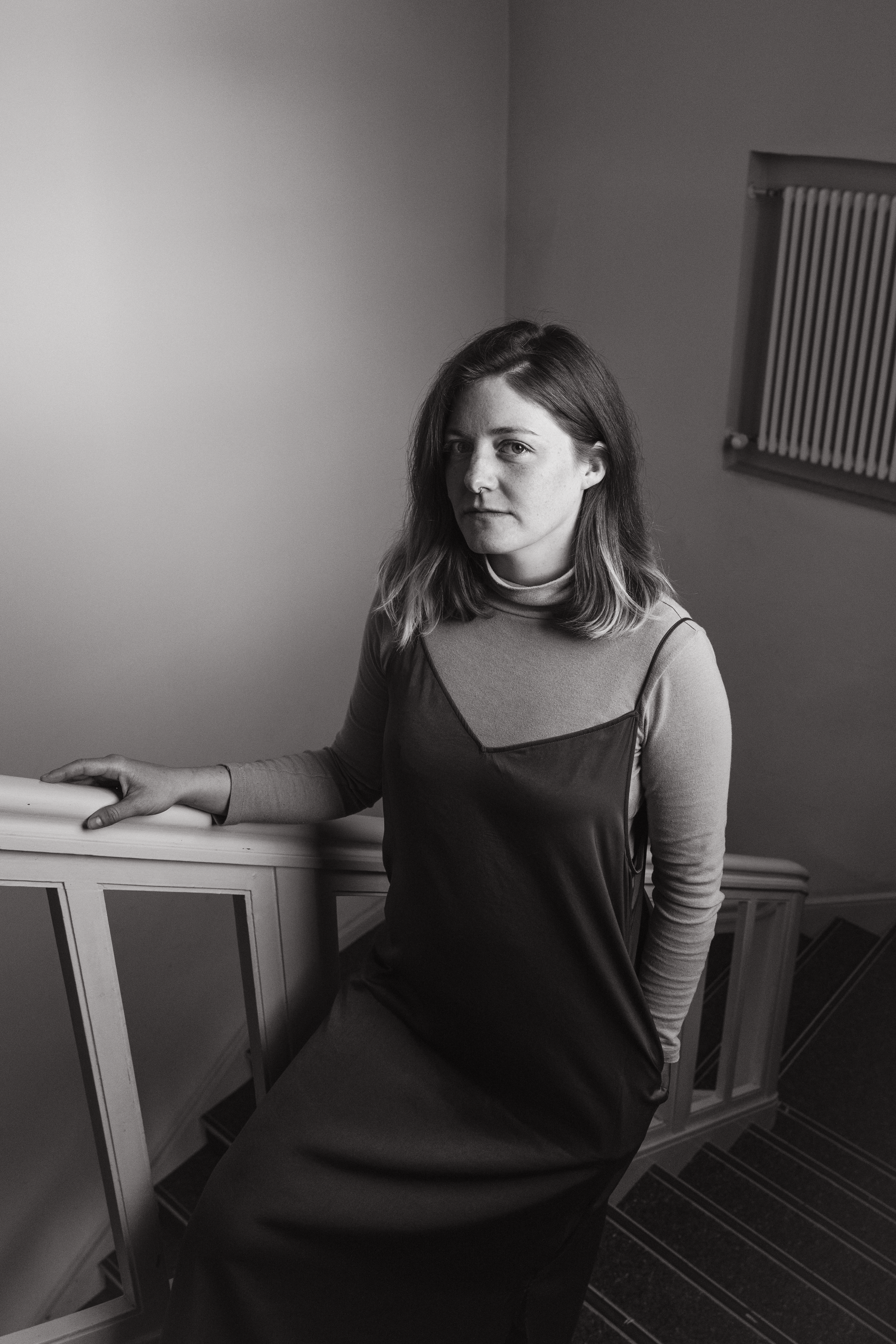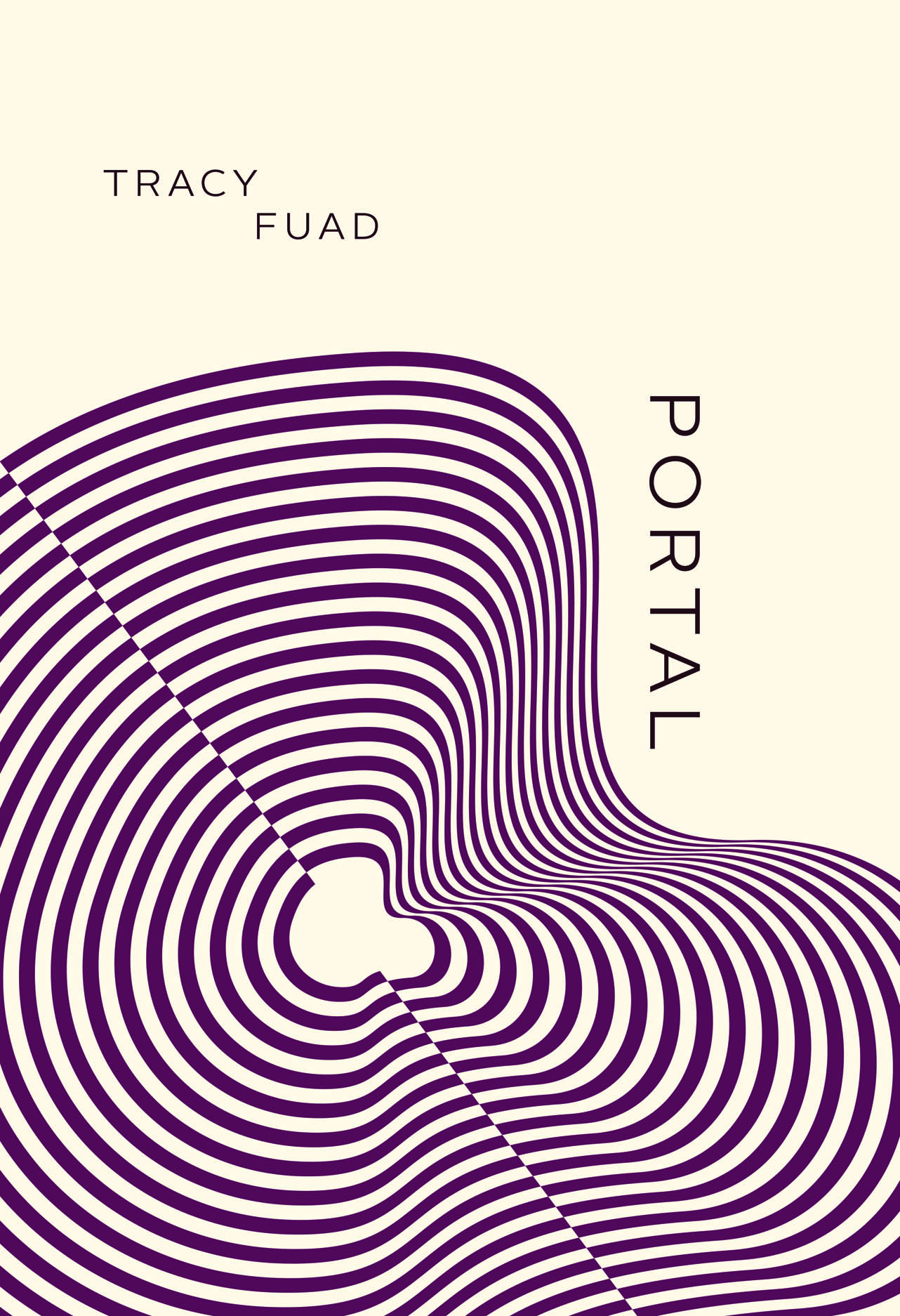The week that I arrived there was an outbreak, which put us all on edge, and I woke up with jagged breath at each night’s middle, wailing to my metal box which pinged my wails across the ocean.
The tide filled and emptied the basins around me twice daily.
The hourglass of sand I ordered on the internet arrived on time, and the days passed calendrically.
I read A Field Guide to Cape Cod and trod lightly on the lichen, which I knew my feet were capable of killing. One night, globs of algae washed up, pulsing with their own dim light.
I hadn’t meant to let in the part of me that hated me, but there it was, hovering above my folded body in the attic that was, for a spell, my home.
I flew across the ocean, and when I came back, I could no longer sleep.
Something foreign had lodged in me and formed a cord, leeching from me what it needed.
A storm came and knocked out the power, then another. We all got sick, then recovered. An absence watched me as I lay in bed all day, rubbing my belly where I thought it might be.
Then sound, at frequencies too high to hear, was pulsed into my abdomen, reflecting back a mass that quivered in space with regular rhythm, a beating preceding an actual heart.
What is the point of flowers, a child had asked his mother last summer while I was bussing tables, lingering over smeary plates to eavesdrop on her answer.
The roses which proffer odd blossoms all winter here in the dunes of the cape came as cargo, stashed on a passenger ship heading to Boston from England that foundered and wrecked in fair weather the first day of March in the middle of a century of revolution, empire, and collapse. Driven ashore, the boat broke apart, discharging its cargo of nutmeg and linens and nursery stock, drowning some dozens, including the captain, who had conspired, it later came out, to sink the ship, doubly insured, worth more sunk than afloat.
A man who would lose his five daughters pulled the damning letters from a suitcase. Then gathered and planted the pear and plum seedlings cast up by the sea, a wrecker’s garden.
The roses took root all on their own and spread along the cape’s long arm, invasive.
The point of flowers, the mother had explained with a surgeon’s precision, is to lure in bees, which pollinate the flowers so the flowers can make more flowers. Yes, the child replied, but what’s the point, and I saw the seeds of a nihilism with which I was once well acquainted.
It’s foolish, I think, to think that you know what you want.





